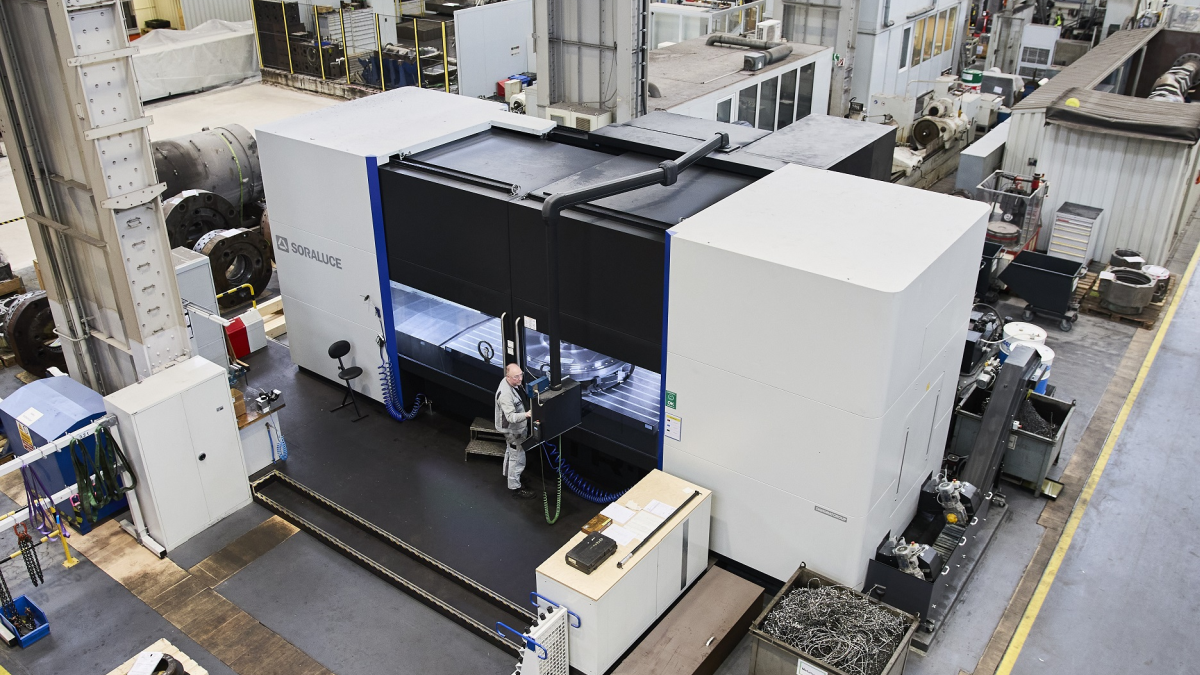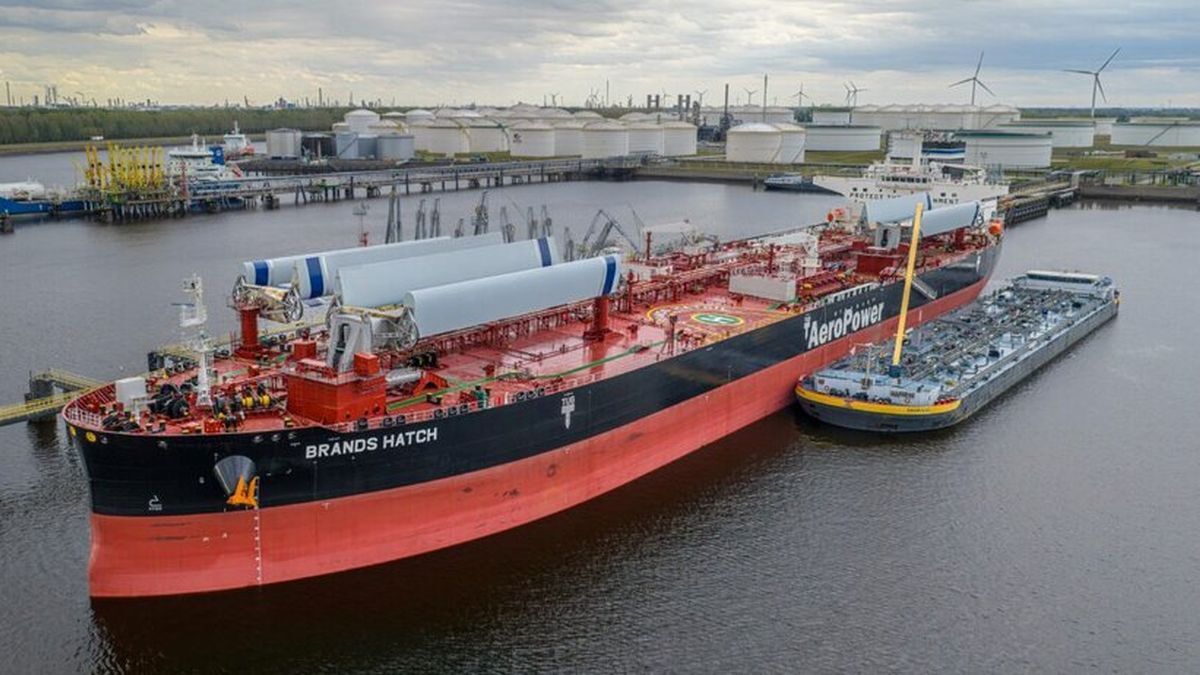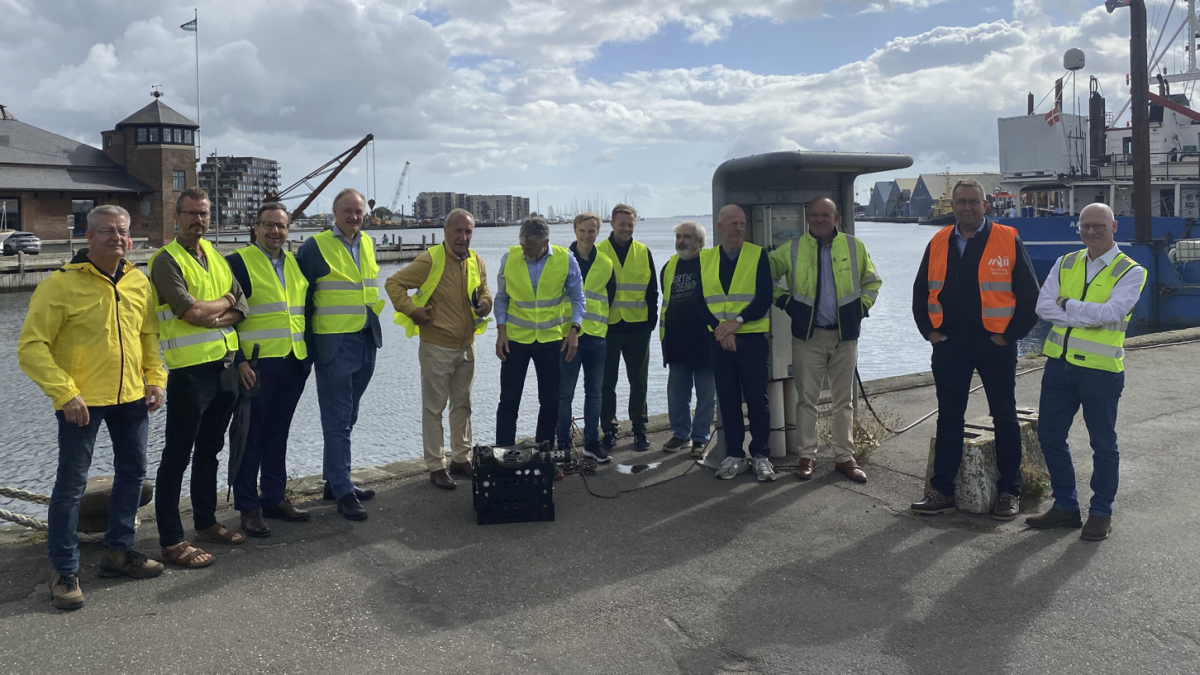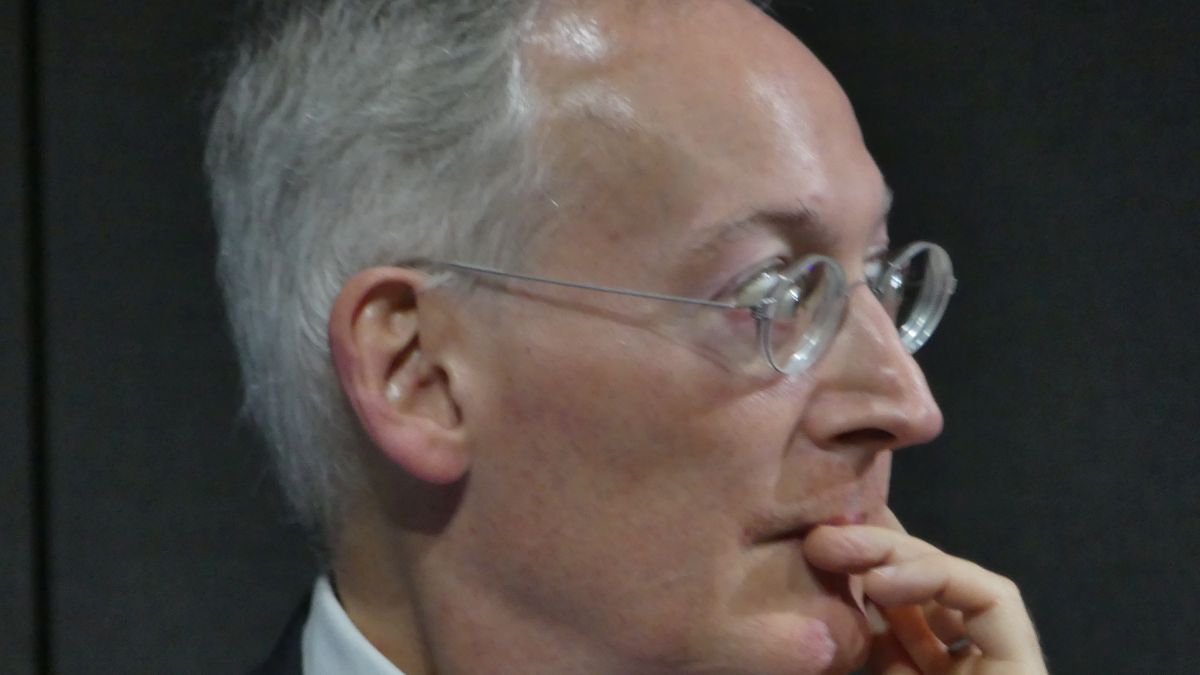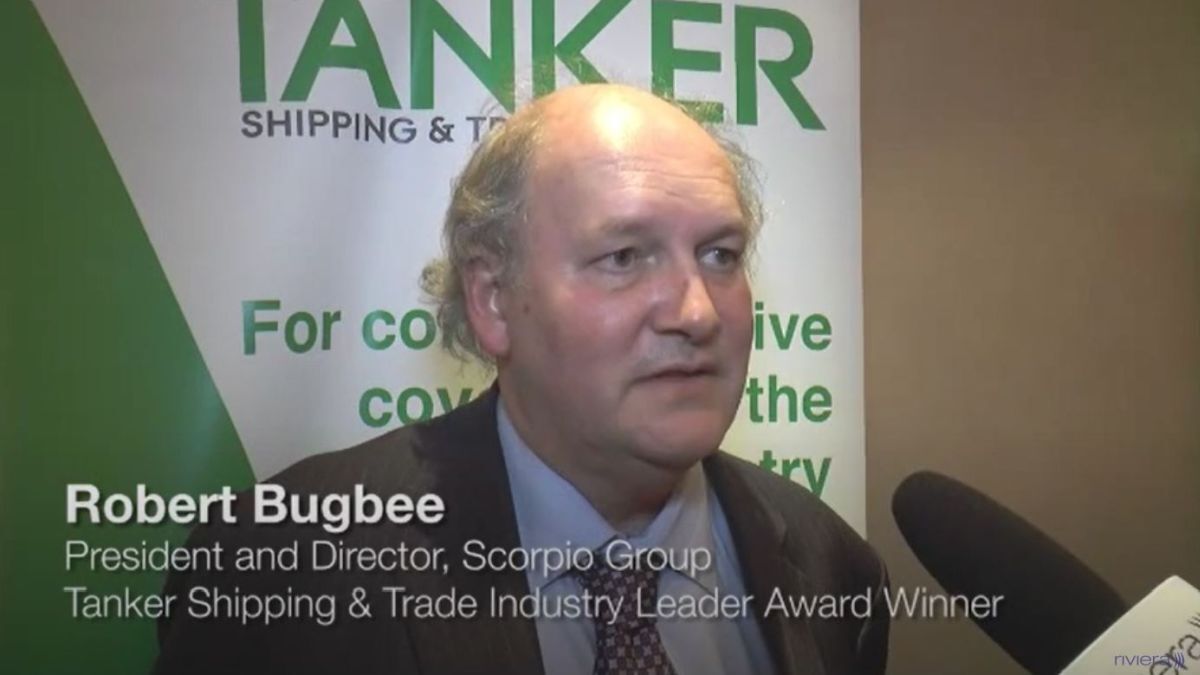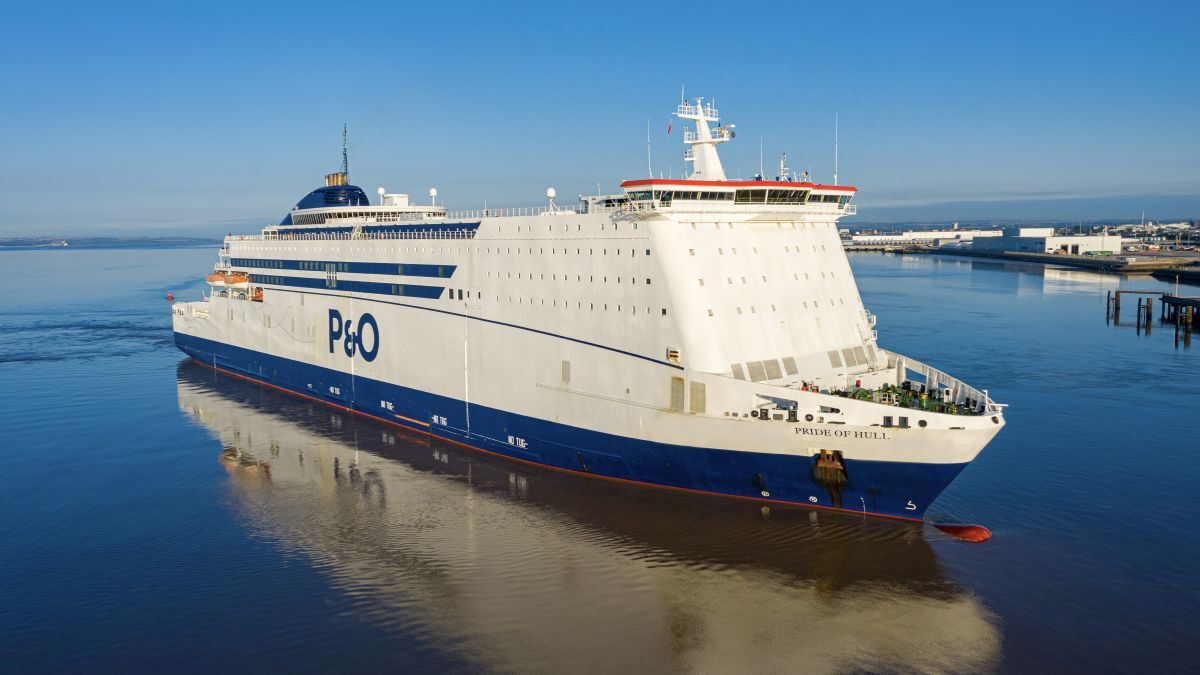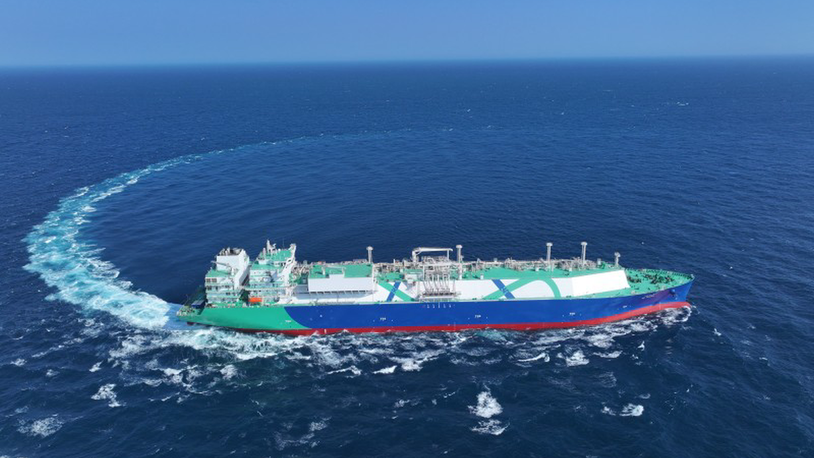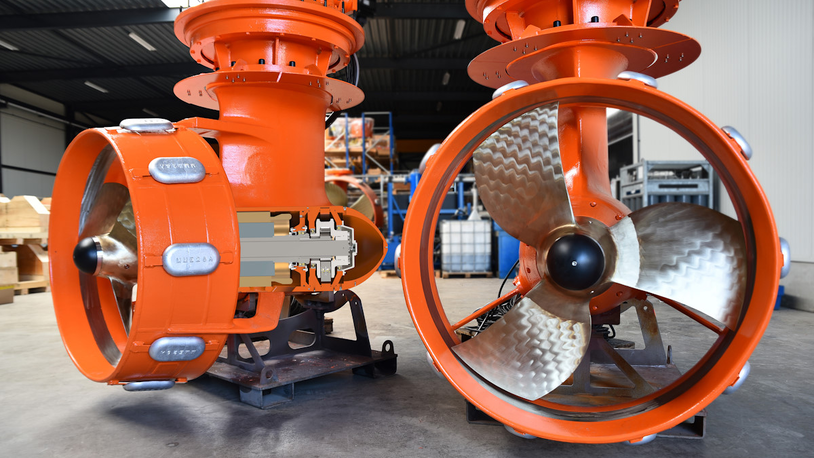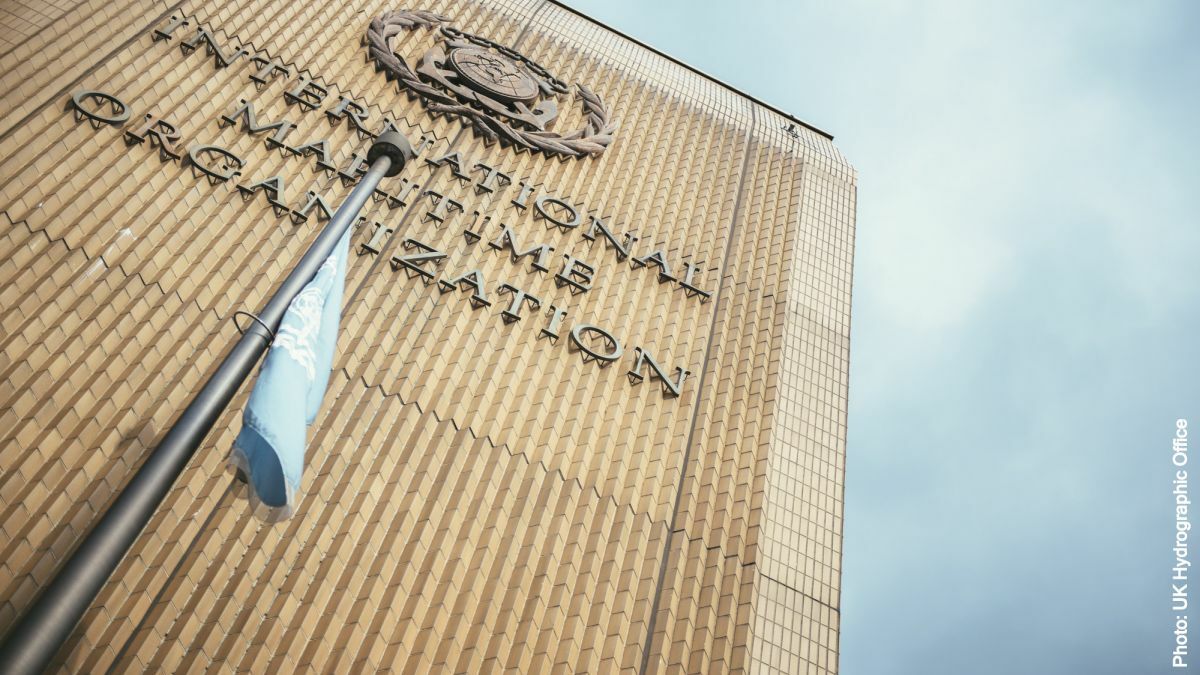Business Sectors
Events
Offshore Wind Webinar Week
Contents
SMM: MAN Primeserv upgrades Hamburg facility for future fuels, dual-fuel conversions
Industry trends towards more use of alternative fuels, larger ships and shorter harbour stays drive the adaptation
MAN PrimeServ’s largest service centre is adapting its machinery and its services to offer repair and conversion operations for new fuels, adding new machines and processing technologies.
The service wing of MAN Energy Solutions’ business said it is changing its "core concept to adapt to the changing times the maritime service industry is currently experiencing".
The emergence of alternative fuels, larger ships and shorter harbour stays has seen the bulk of MAN Primeserv’s business "shifting to the workshop and components, or with superintendents travelling to wherever ships are docked to work in situ," the company said.
Part of the new offerings for the business that are reflected in the changes to the facility is that MAN Primeserv will be working on converting diesel engines to dual-fuel technology, both in Hamburg and internationally through use of Primeserv’s international network.
"Such projects require complex planning, not only in terms of technicians and tools, but also dispatching abroad components required by the host vessel," the company said.
Head of MAN PrimeServ Hamburg Olaf Gunia said, “We are preparing for conversions, procuring the necessary tools and training employees to handle the new fuels. Recruiting qualified personnel is a current challenge, but we are steadily adding to our roster with experienced engineers and skilled tradespeople such as machine fitters, welders and machining technicians. New times demand new approaches and I am confident PrimeServ Hamburg is well-positioned for the future."
Covering repair and maintenance for both two- and four-stroke marine engines and turbomachinery, MAN PrimeServ Hamburg employs some 300 staff at the site in Hamburg.
Priveserv senior vice president Stefan Eefting said the company’s Hamburg site is expanding its workshop and developing greater specialisation in repair technologies.
"The future is about new welding technologies, in-situ machining of components and extending the service life of components – not to mention the associated reduction in CO2 emissions compared with manufacturing a new part,” he said.
“Our investment in new machines for processing components includes a machining centre that reduces the machining time for certain components like piston crowns, cylinder covers, flywheels and counterweights for crankshafts by a factor of four. These shorter processing times are intended to take account of the shorter harbour stay-times of the ships and will reduce costs, which of course will be passed onto customers.”
Sign up for Riviera’s series of technical and operational webinars and conferences:
- Register to attend by visiting our events page.
- Watch recordings from all of our webinars in the webinar library.
Related to this Story
Events
Offshore Wind Webinar Week
Maritime Decarbonisation, Europe: Conference, Awards & Exhibition 2025
Offshore Support Journal Conference, Americas 2025
© 2024 Riviera Maritime Media Ltd.


